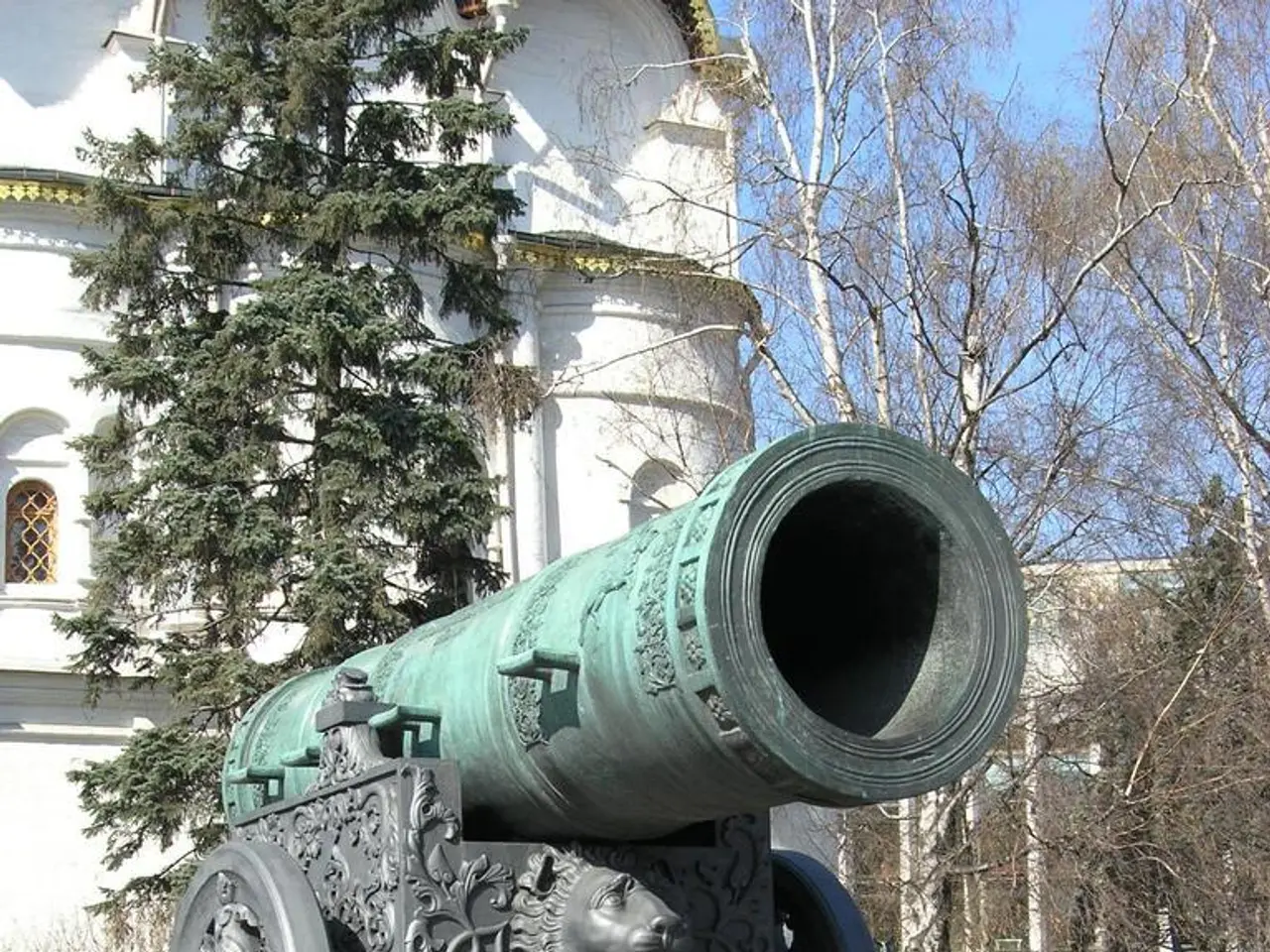Acknowledging Accolades: An Examination of Compliments and Praise
In a departure from traditional diplomacy, President Trump's foreign policy has been characterised by a transactional, "America First" approach. This approach, which breaks from the post-1945 rules-based liberal international order, has led to mixed reactions globally.
White House spokesperson Anna Kelly recently stated that foreign leaders are eager for a positive relationship with President Trump, a sentiment echoed by Kurt Volker, who described European leaders as being more obsequious in their interactions with President Trump during his second term. This eagerness can be attributed to Trump's realist, transactional engagement style, where he rewards certain leaders with positive statements in exchange for perceived benefits or cooperation.
Before the most recent NATO summit, NATO chief Mark Rutte succeeded in getting NATO countries to agree to spend 5% of their GDP on defense. In a conversation with President Trump, Rutte claimed that without him, this agreement would not have happened. This demonstrates the pragmatic nature of Trump's dealings, focused on American interests.
U.K. Prime Minister Keir Starmer visited the White House in late February and brought a letter from the King inviting President Trump for a state visit. The letter mentioned that the last state visit was a success and the King wanted this one to be even better. European Commission President Ursula von der Leyen also complimented President Trump before hashing out the final details of a trade agreement over the weekend.
These complimentary interactions are not without controversy. Trump's frequent false or misleading public statements have made his praise more controversial and scrutinized in broader political discourse. However, some experts argue that the substance of several policies may align with U.S. national interests better than generally perceived, awarding some Trump policies relatively positive assessments despite the chaotic style.
Justin Logan, director of defense and foreign policy studies at the Cato Institute, commented that leaders should continue to praise Trump, even in times when it doesn't feel so great, to avoid being moved to the "naughty list." Ivo Daalder, a former U.S. diplomat, stated that flattery towards President Trump is meant to keep him on side.
In July, Israeli Prime Minister Benjamin Netanyahu brought a letter nominating President Trump for the Nobel Peace Prize. Despite notable foreign policy failures and erratic decision-making, some world leaders and organizations have praised Trump excessively, sometimes viewing alignment with his administration as strategically advantageous or appreciating his blunt, unconventional style breaking norms.
Sources:
- Foreign Policy
- The Washington Post
- The Atlantic
- NPR
- The transactional approach of President Trump's foreign policy, frequently praised by foreign leaders, has been a subject of debate in the arena of policy-and-legislation and general-news.
- foreign leaders have been found to be more obsequious in their interactions with President Trump, a phenomenon that has sparked discussions about the impact of flattery in politics news.
- The praise showered on President Trump by world leaders, as seen in cases like the nomination for a Nobel Peace Prize, can be linked to their desire to maintain a positive relationship, a point often discussed in news and politics.








